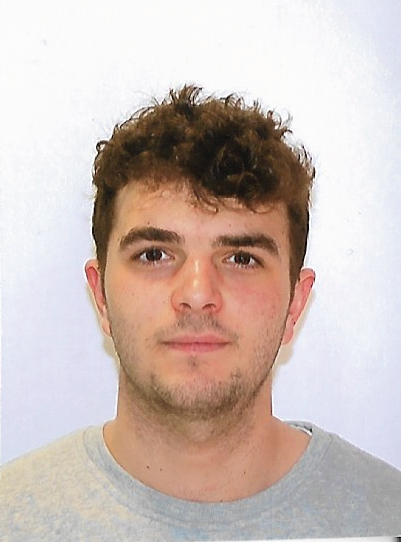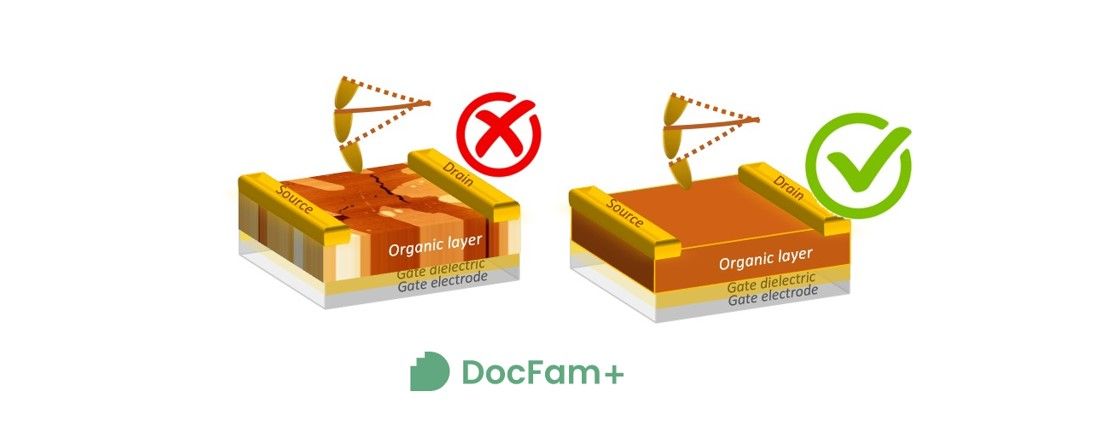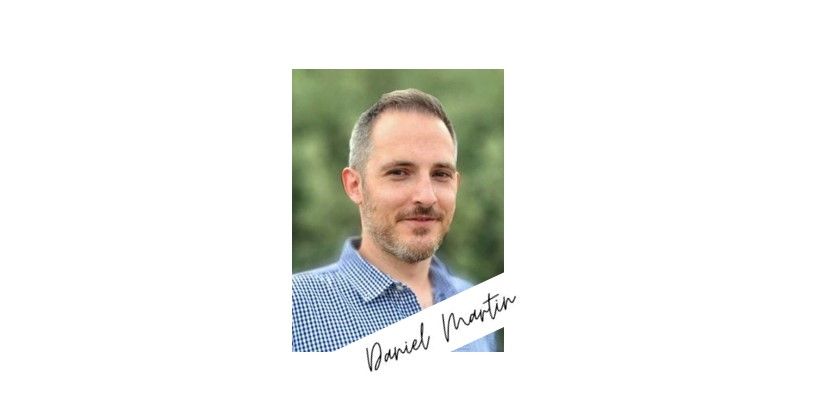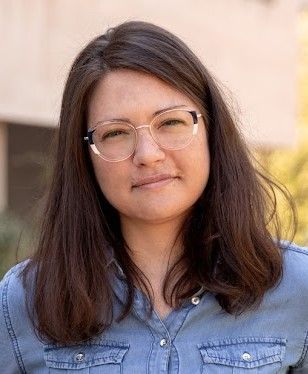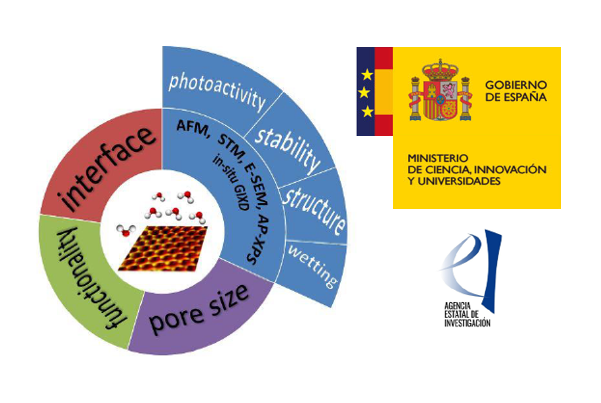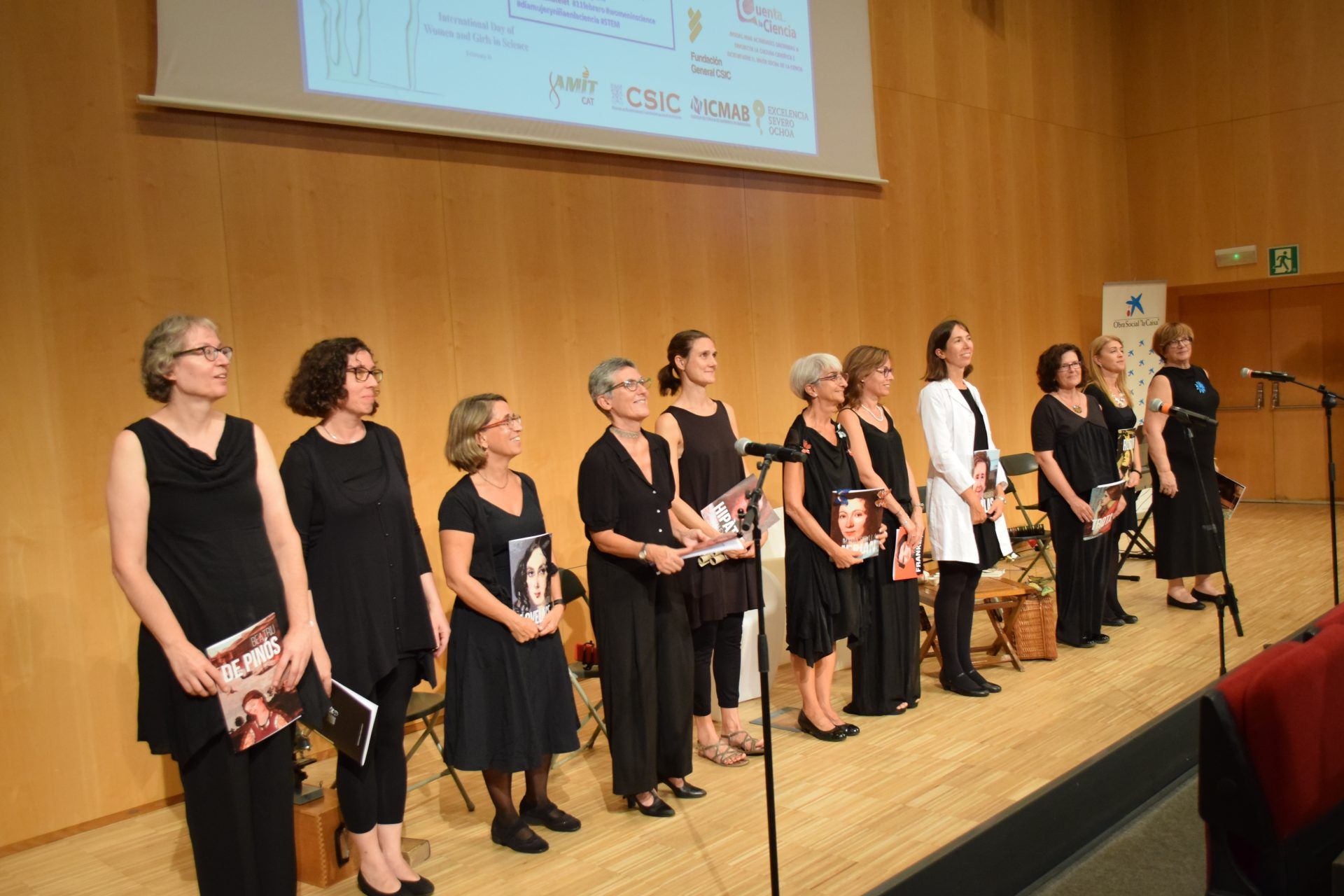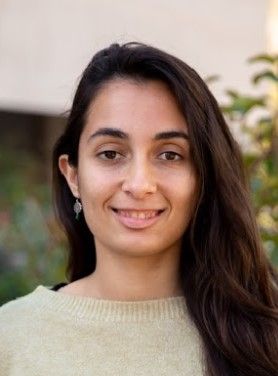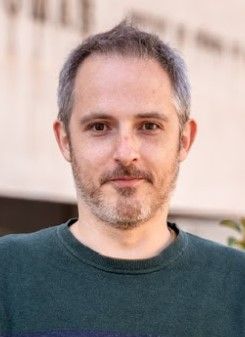CLOSED PhD position: Interface engineering for the next future well-performing organic devices
Interface engineering for the next future well-performing organic devices
When Herbert Kroemer (Nobel Prize in Physics, 2000) coined the famous phrase “the interface is the device”, he referred to the success of devices based on thin inorganic semiconductor films for photonic and electronic applications that started more than four decades ago.
This statement also holds for organic semiconductors, which are predestined by deposition on large-area and flexible substrates to be the electrically and optically active layers with important applications in electronics, lighting, photovoltaics and displays. A good number of interfaces (organic/organic and organic/inorganic) are inherent to all organic electronic devices and, because their relevant role in device performance, Kroemer’s phrase can be extended:
“The interfaceS are the organic deviceS”.
With that certainty added to the experience and equipment of the Physical Chemistry of Surfaces and Interfaces (PCSI) group, we offer a doctoral position.
The doctoral project (*) aims to obtain structural control of organic semiconductors thin films for the near future manufacture of more reliable organic electronic devices. The proposal points to a detailed microscopic understanding of crystallography, polymorphism, role of interfaces, as well as to determine the conditions for a good thermal stability of thin films prepared by various physical and chemical methodologies. Furthermore, the use of multi-component thin films (e.g., donor/acceptor organics) and proper fabrication protocols will allow obtaining co-crystalline charge transfer complexes (CTC) thin films, paving the way for applications in NIR photo-detection and photo-thermal conversion.
Taking advantage of the relevant role that the PCSI group plays in the SPM platform of the InCAEM project, the doctoral thesis will include the combination of state-of-the-art methodologies for correlative and in-situ experiments. In particular, in-situ and real-time characterization during thin film growth and/or post-growth treatments (e. g., thermal and solvent annealing) using diverse modes of scanning probe microscopy, one of the most versatile characterization tools in nanoscience, combined with powerful X-ray synchrotron techniques.
Materials Science Institute of Barcelona (ICMAB-CSIC)
The PhD fellow will have the unique opportunity to carry out a doctorate in the scientific active and lively environment of ICMAB and the synchrotron ALBA, and acquire the knowledge to master state-of-the-art techniques for organic thin films growth and novel characterization instruments with the purpose of correlating structural details with device performances. The collaborative activity of the PCSI teams at international level (EU consortiums, training networks and bilateral collaborations) will pave the chance of the fellow towards an international career.
Application and requirements
Candidates with motivated attitude for experimental tasks and good academic background, must hold a Master’s degree in materials science, physics, nanoscience, nanotechnology or related fields at the moment of the formal application.
We encourage interested candidates to send a CV and motivation letter to the following researchers:
Daniel Martín-Jiménez: dmartin@icmab.es
Esther Barrena: ebarrena@icmab.es
Carmen Ocal: cocal@icmab.es
NOTE: Only preselected applications will get an answer and will obtain an appointment to carry out an interview.
Please note that the deadline indicated is an estimation, and the position will remain open until we find the right candidate.
* The doctoral position will be financed under project PID2022-136802NB-I00

